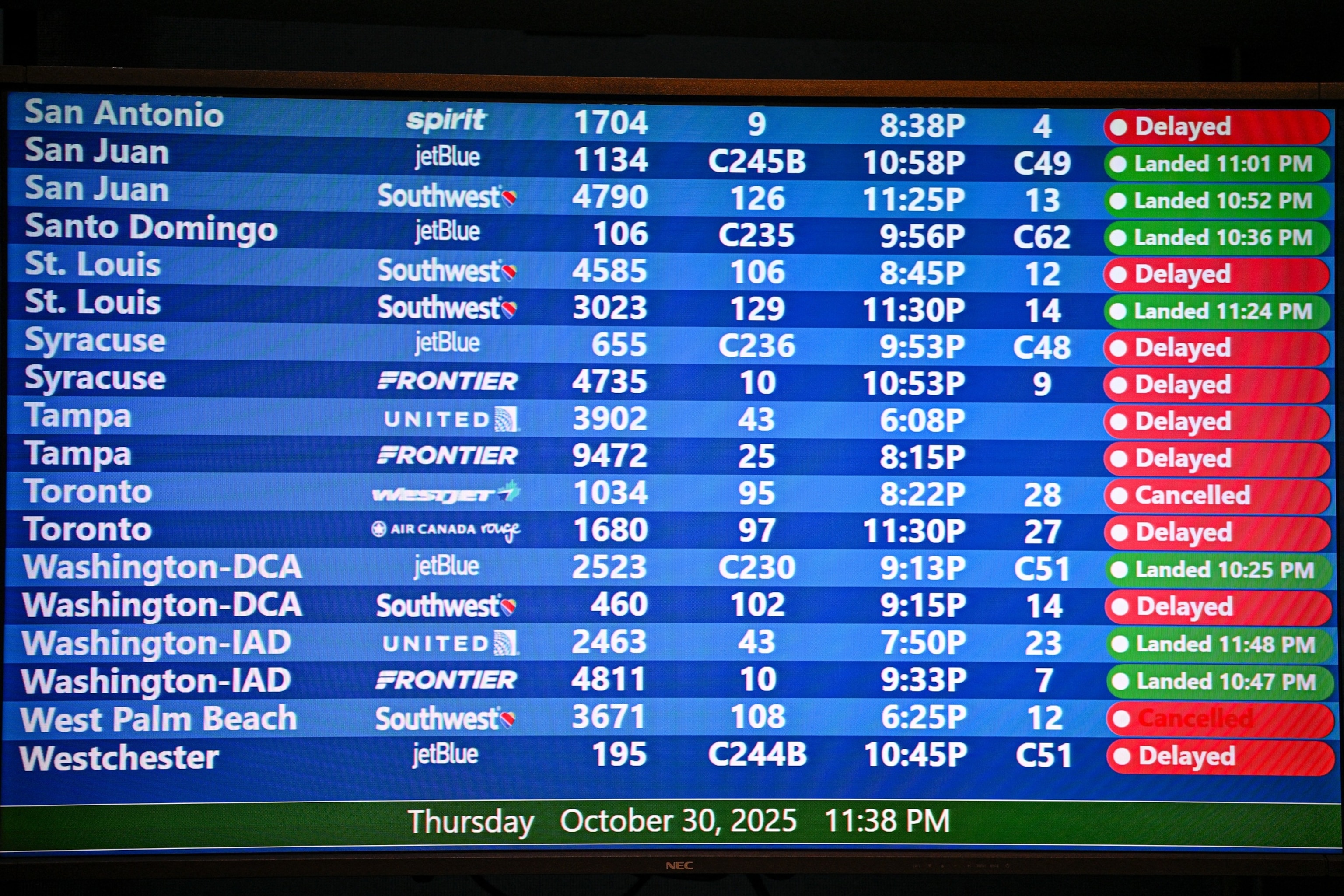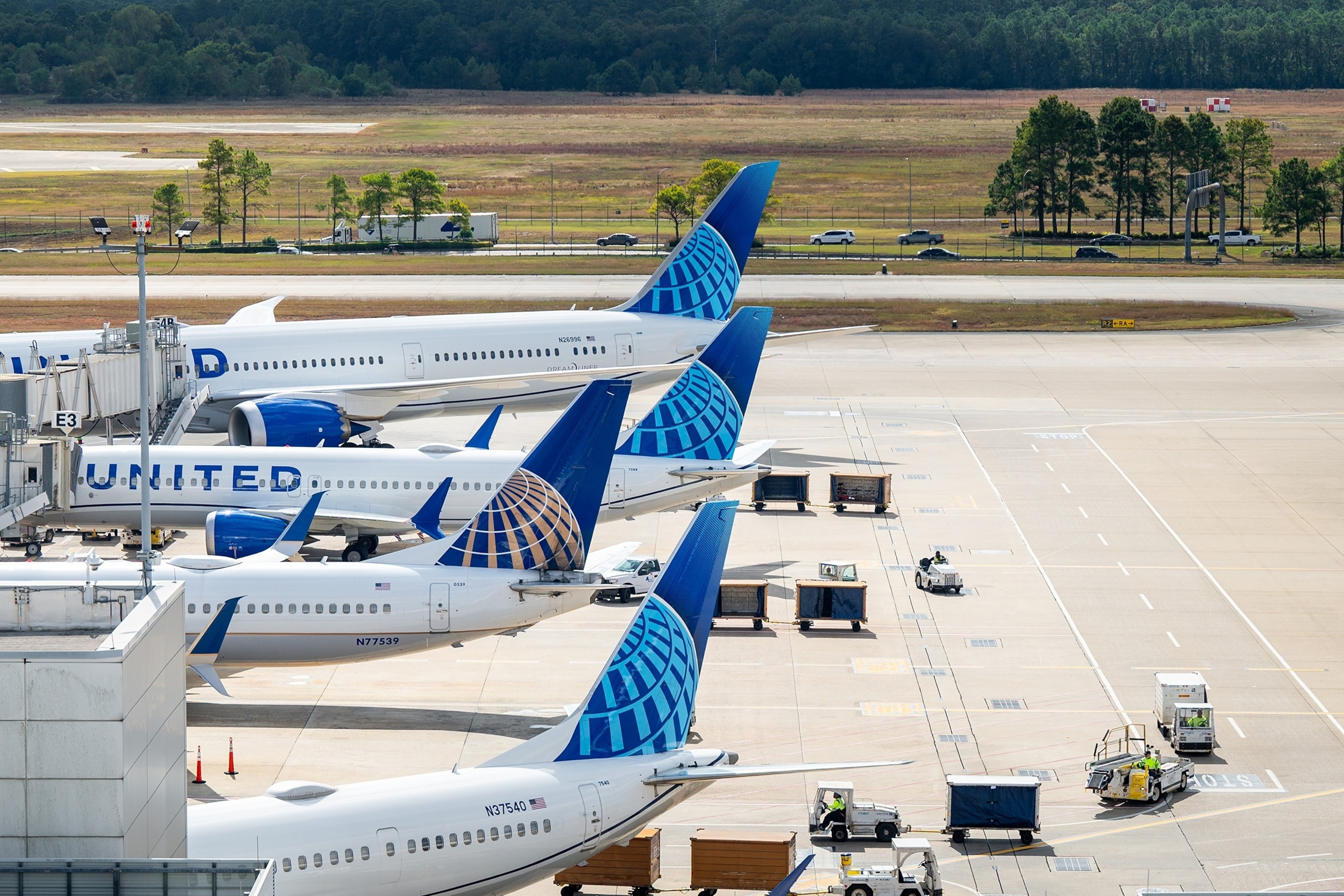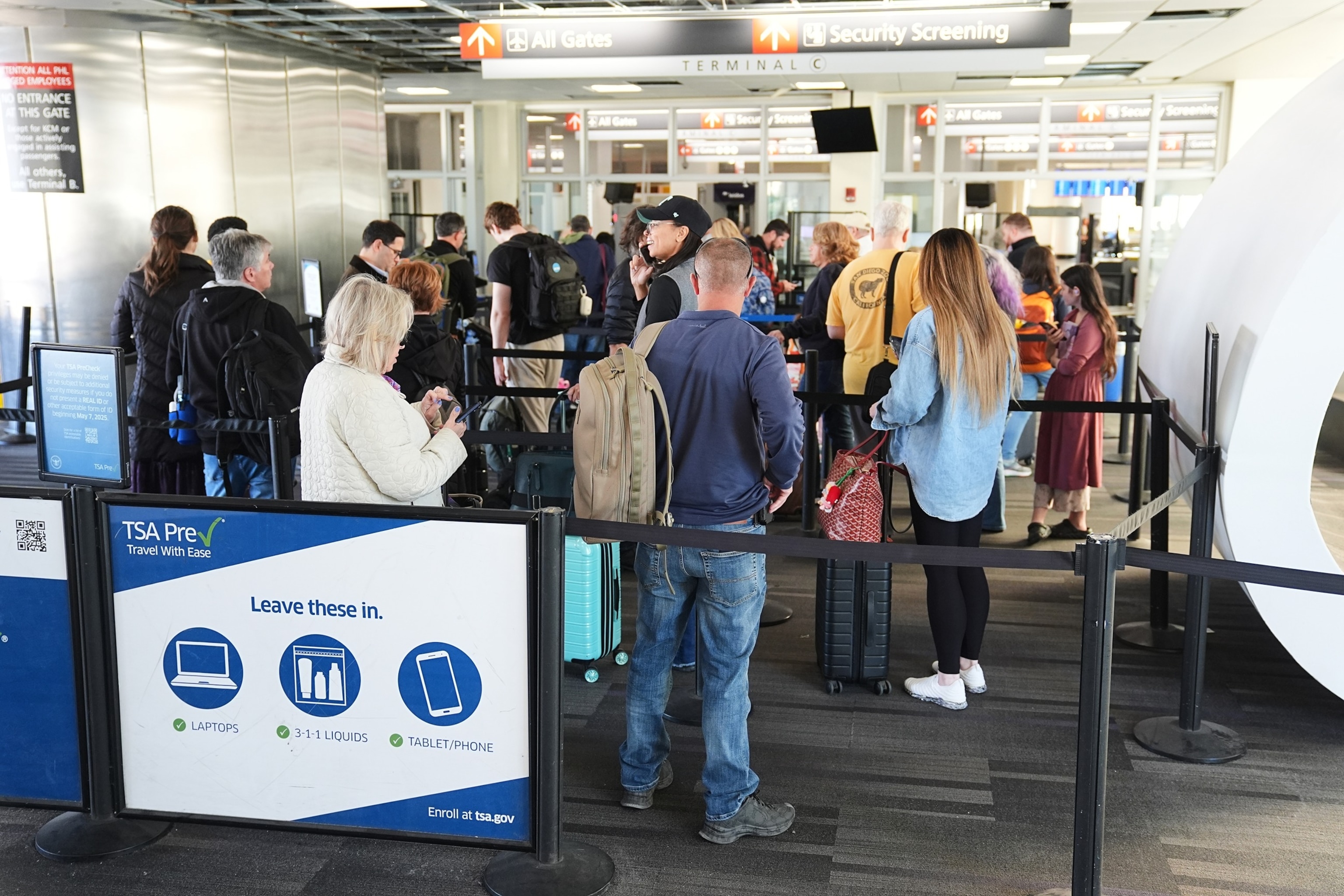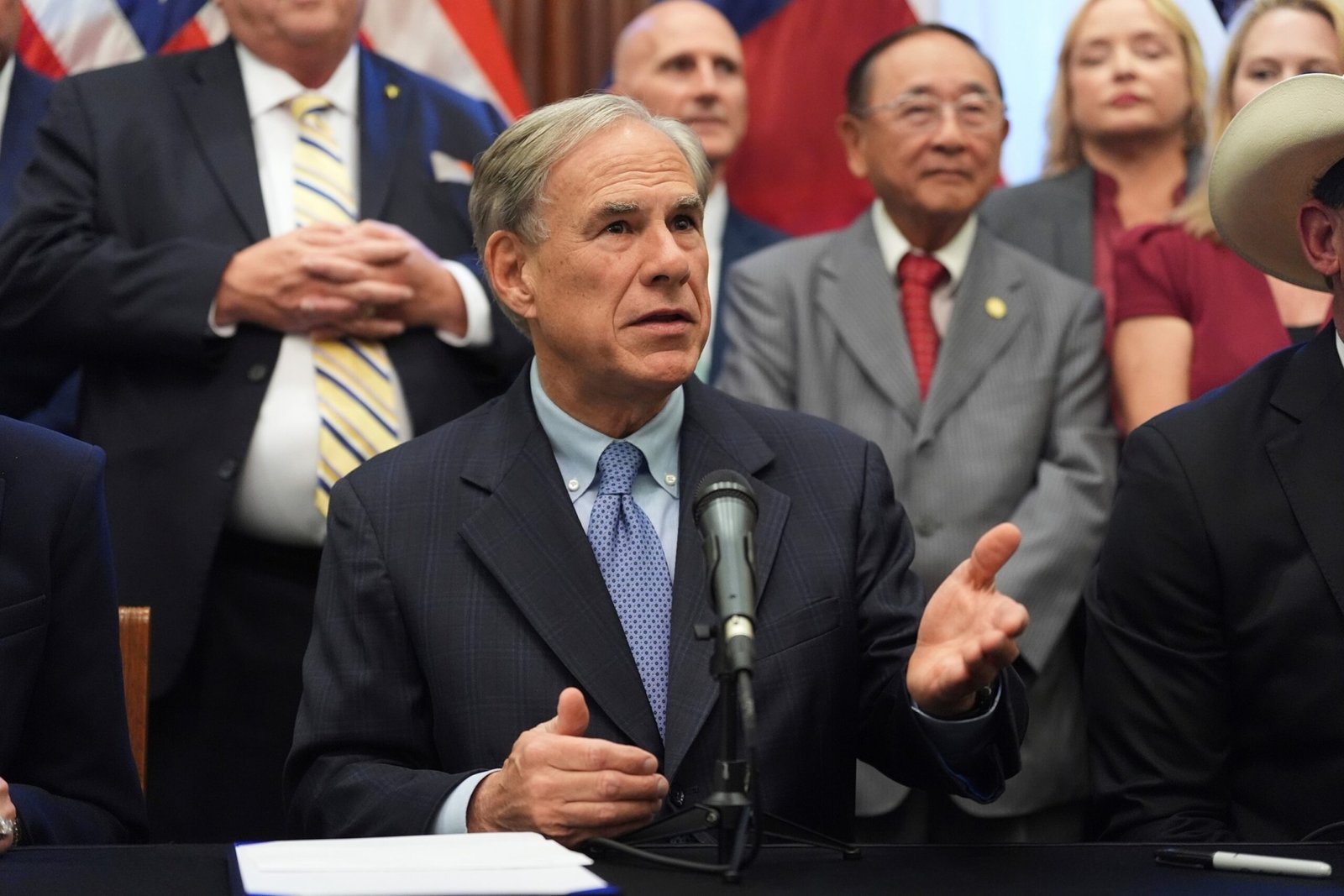With thousands of flights set to be affected by the 10% reduction at U.S. airports, experts say travelers could feel ripple effects far beyond the top 40 hubs initially listed.
After the Federal Aviation Administration the directive was announced On Wednesday to cut flights amid the ongoing government shutdown, airlines began sharing plans for vouchers, refunds and rescheduling protocols, as airlines are forced to change flight schedules to maintain safe operations in the airspace.
The restrictions taking effect Friday morning will affect Atlanta’s Hartsfield-Jackson, Boston Logan, all three New York City area airports, Chicago O’Hare and many others.

Canceled flights are seen on a screen at Orlando International Airport in Orlando, Florida, on October 30, 2025.
Miguel J. Rodríguez Carrillo/AFP via Getty Images
Click here to see the full list of airports.
What travelers need to know amid FAA flight reductions
Now that cancellations are safe, travel expert Katy Nastro of Going, a membership-based website and newsletter that finds flight deals, told ABC News that the impact of “which flights and to which travelers” is still largely unknown.
“Travelers may choose not to travel altogether to avoid this impending disaster, which makes the TSA numbers look very different,” he said.
What types of flights will be affected?
“International flights should not be affected” for most airlines, but Nastro said “regional and less full flights may be affected.” according to the airline’s instructions.

Planes stand at the gates of George Bush Intercontinental Airport on November 6, 2025 in Houston, Texas.
Brandon Bell/Getty Images
Nastro predicts that “less full flights to smaller cities, or flights with more limited schedules to begin with, are likely in the crosshairs.”
Which airports will see flight disruptions?
“Those affected airports go far beyond the initial list,” Nastro said. “While 40 airports in the United States is a lot, the effects on travelers can go far beyond a single airport, as “Nearly 70% of all U.S. flights are to or from any of these airports.”
As such, he said the list that starts with less than 10% will grow in the coming days.
“For travelers, that means that, in one way or another, they may be affected even if they don’t fly outside of the 40 listed,” Nastro added.
What airlines are doing to help travelers amid planned cancellations
United Airlines, Delta Air Lines and American Airlines have announced they will honor the waivers.
Delta said it will allow changes to all ticket types, including basic economy, for affected flights, along with refunds for cancellations.
“Exemptions are golden tickets for travelers, meaning they can make changes without additional costs,” Nastro recalled.
How could the reduction in flights affect the travel day schedule?
As airlines rush to make changes for Friday, cancellations on the horizon will bring longer delays and even tighter connections for those with layovers.

Travelers line up at a TSA screening area at Philadelphia International Airport in Philadelphia on Nov. 5, 2025.
Matt Rourke/AP
“If a flight is canceled, travelers are owed a full ticket refund, period,” Nastro said. “If they are presented with a credit, they have the right to reject it and request a monetary refund.”
Click here for even more details on passengers’ rights to refunds.
What about travel insurance or purchasing new tickets at the last minute?
“Last-minute tickets will be expensive and travel insurance may not save the day. With fewer flights available to rebook, last-minute tickets are rarely cheap,” Nastro said.
“Most insurance policies do not directly cover shutdown-related disruptions,” he added, “because it is now a planned event, coverage would only apply if the plan was purchased before October 1.”
Instead of spending money on a policy now, Nastro suggests travelers should “check what protections their credit card already offers and which policies include a ‘common carrier’ interruption benefit, which may serve as a workaround in this scenario.”




